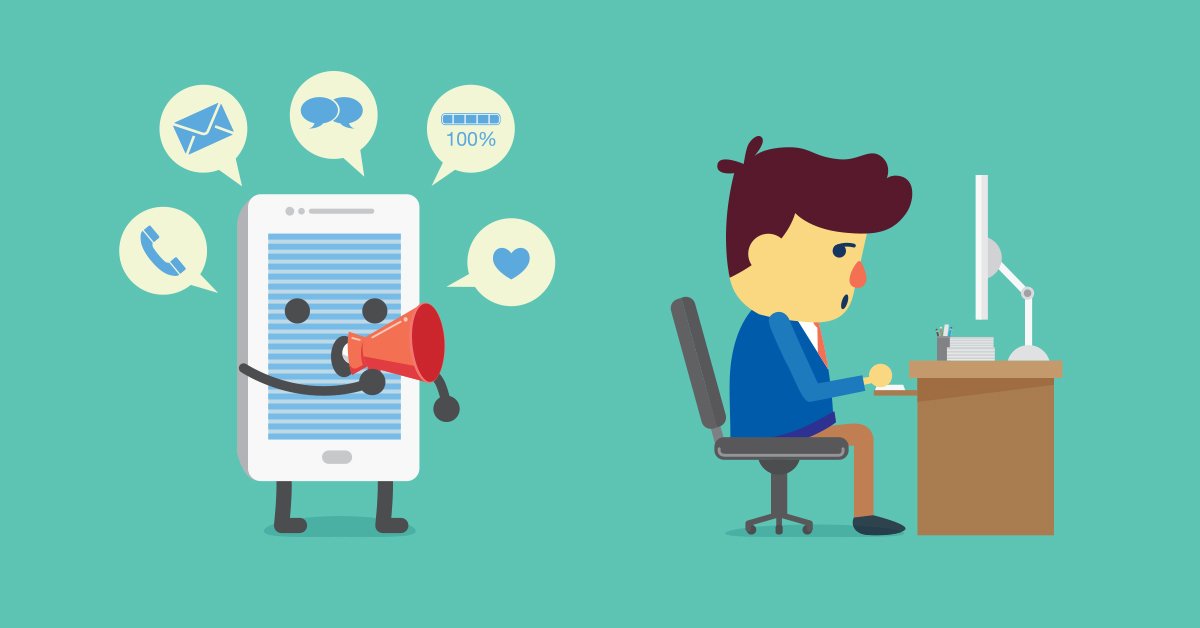Every leader today needs a strong ethical rudder and I think inner focus is essential. This inner sense is an ethical rudder and answers the questions - Is what I am about to do in keeping with my sense of meaning, values, right and ethics? This is not a question we answer in words, we answer it first with what feels right and what doesn’t feel right, then we put it into words.
Then there’s other focus, which is being able to read people, being able to tune into a person. There are three kinds of empathy:
1) Cognitive Empathy means I understand how you think about things, your mental model of how you see the world. This means I’m able to communicate with you in terms you really understand and resonate with. Leaders and managers who can talk to other people with good cognitive empathy are able to get better than expected performance from their people because they will know what really matters.
2) Emotional Empathy is an immediate felt sense of what’s going on in the other person and this is also absolutely essential. If you only have cognitive empathy and you don’t have emotional empathy, then you’ll miss the mark.
3) Empathic Concern is the third kind of focus in other words empathic empathy is outer focus. Not only do I know how you think and feel but if there’s something you need and I can help, my DNA means I am predisposed to help.
The leaders and managers who have the most loyal employees in their team, have all three kinds of empathy. Contact me via e-mail for workshops on empathy.





















